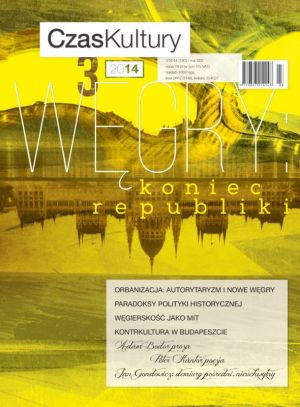Author(s): Simona Stano / Language(s): English
Issue: 02/2015
Together with clothing, urban artefacts and other aspects of daily life, nutrition is not only one of the basic human needs, but also a system of communication (Barthes, 1961) and expression of sociocultural identity (Levi-Strauss, 1965; Montanari, 2006; Stano, 2015). Undoubtedly food habits, preferences and taboos are partially regulated by ecological and material factors (Harris, 1975). By contrast, all food systems are structured and given particular functioning mechanisms by specific societies—or, better, cultures (Volli, 2015). Although several scholars have remarked this fact, most present-day texts, discourses, and practices concerning food seem to particularly stress a sort of supposed “naturalness” inherent to food systems. Such “naturalness” is generally conceived as both the praise of everything that opposes artificiality (Marrone, 2011) and a return to an original and idyllic past, namely a “tradition” crystallised in “authentic” recipes, “typical” restaurants, etc. Responding to the urgency of enhancing the academic debate on these issues, this paper analyses a specific case study that, albeit being particularly significant, has not been sufficiently investigated yet: the so-called “Mediterranean diet”. The idea of such a diet originated from the scientific field, in the wake of medical research
(Keys & Keys, 1975; Keys, 1980) correlating the low incidence of cardiovascular diseases among the inhabitants of specific areas (i.e. the Cilento region in Italy) and a particular nutritional regime, mainly defined by the use of certain ingredients and specific techniques of preparation of food. The interest in this topic has then increasingly grown, extending beyond the simple definition of healthy rules regulating nutrition, and embracing the social and cultural implications of the particular “lifestyle” that has come to be identified with the Mediterranean diet. In this sense, the genealogy of the inclusion of such a diet in the UNESCO Representative List of the Intangible Cultural Heritage of Humanity—with the initial rejection in 2007, the approval in 2010 in relation to Italy, Greece, Spain and Morocco, and the extensionto Portugal, Croatia and Cyprus in 2013—is emblematic. Moreover, it is essential to point out the important role played by sociocultural elements in the definition of the Mediterranean diet provided by the United Nations: “[it] involves a set of skills, knowledge, rituals, symbols and traditions concerning crops, harvesting, fishing, animal husbandry, conservation, processing, cooking, and particularly the sharing.
More...


